As the world increasingly focuses on combating climate change, car manufacturers are developing innovative technologies to make vehicles more environmentally friendly. Modern cars are now integrating some truly groundbreaking advancements that not only help protect the planet but also offer impressive performance. Here are ten of the most surprising environmental innovations in today’s cars.
Better Electric Batteries
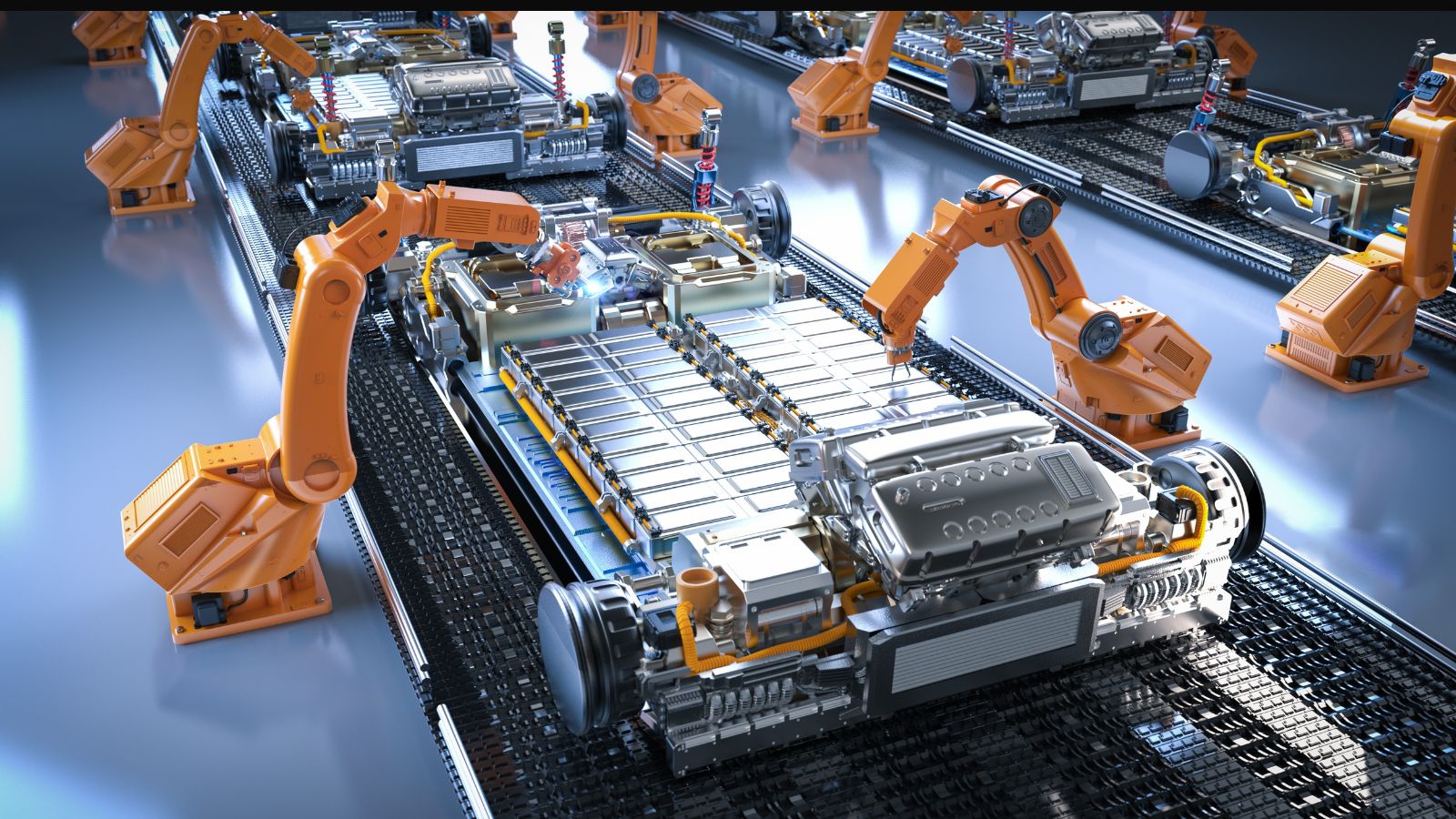
Electric vehicles (EVs) have seen tremendous advancements in recent years. The batteries powering today’s electric cars are more efficient, providing longer driving ranges and quicker charging times than ever before. Tesla’s Supercharger network, for example, allows drivers to add up to 200 miles of range in just 15 minutes. Meanwhile, companies like Lucid Motors are pushing the envelope with batteries capable of over 500 miles on a single charge.
Regenerative Braking
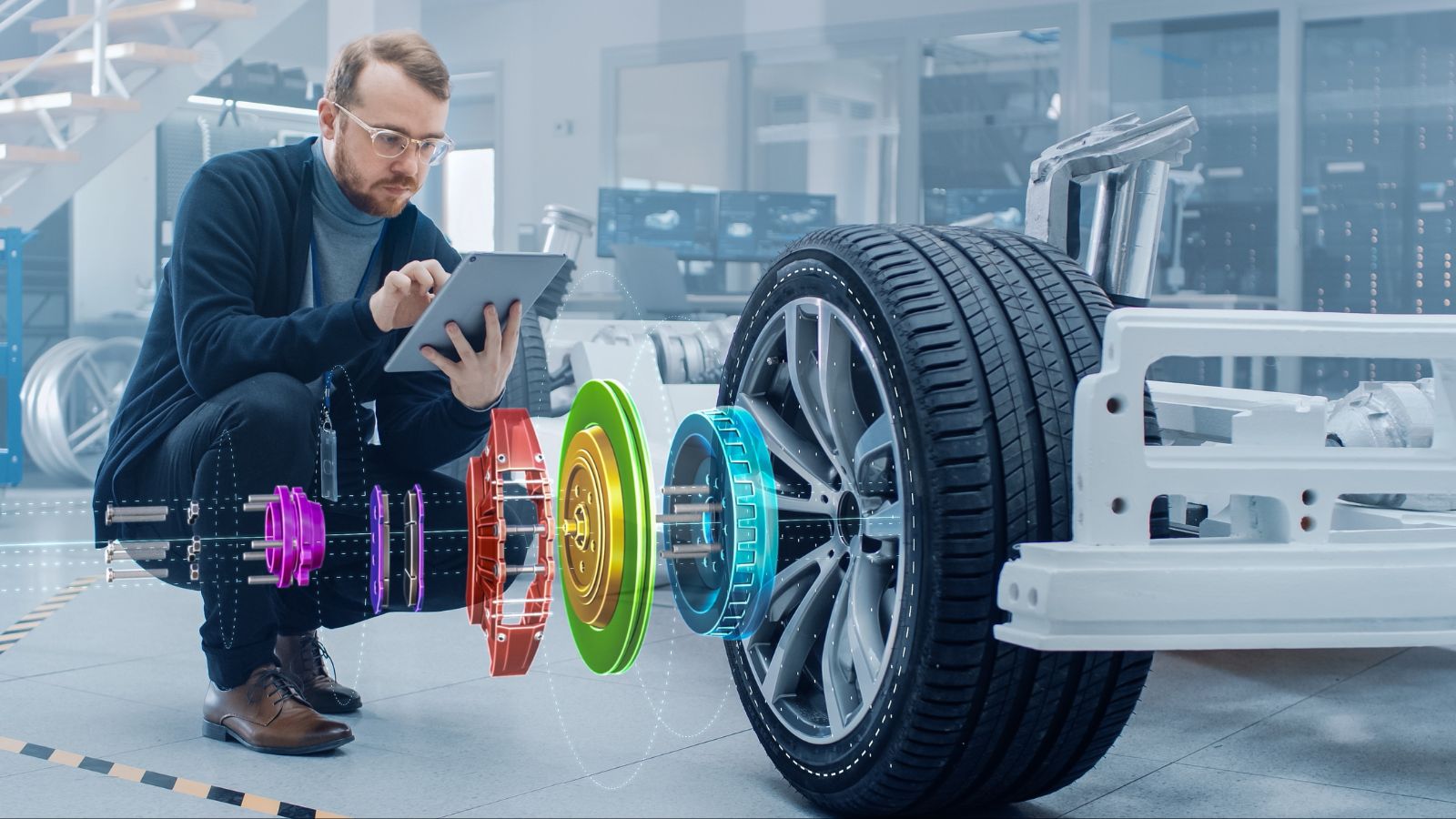
Regenerative braking is an ingenious technology that enhances energy efficiency by recovering energy that would generally be lost during braking. Instead of wasting this energy, the system converts it into electrical energy and stores it in the car’s battery. This innovation allows hybrid and electric vehicles to travel further on a single charge and improves overall energy use. For instance, many new hybrid models from Toyota and Honda utilize regenerative braking to boost their efficiency, making them more eco-friendly and cost-effective for everyday use.
Lightweight Car Materials
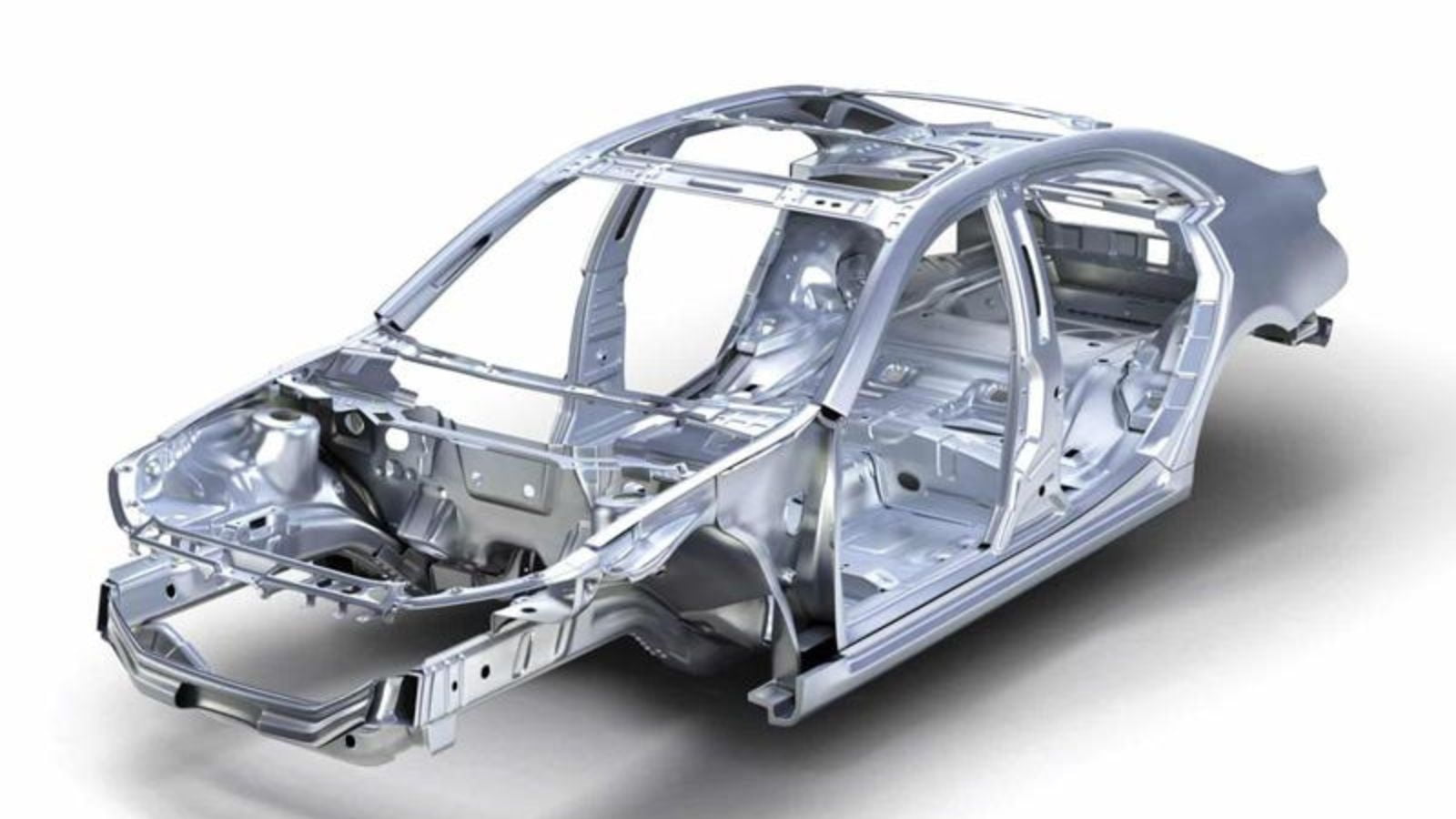
Reducing a vehicle’s weight is crucial for improving fuel efficiency and overall performance. Modern cars are increasingly made from lightweight materials such as carbon fiber and aluminum. This enhances their efficiency, is sustainable, and reduces wastage. For example, the BMW i3 features carbon fiber to lower the car’s weight and increase energy efficiency. These advanced materials help reduce fuel consumption and improve handling and safety.
Solar Panels on Cars

Solar panels are now being integrated into vehicle designs to harness renewable energy. For example, the Toyota Prius Prime and Hyundai Sonata Hybrid come with solar roofs that can generate electricity to charge the car’s battery or power onboard systems. This solar energy can extend the car’s range or run accessories like air conditioning, reducing the reliance on the car’s primary power source. As solar technology evolves, we can expect more vehicles to incorporate solar panels.
Improved Aerodynamics
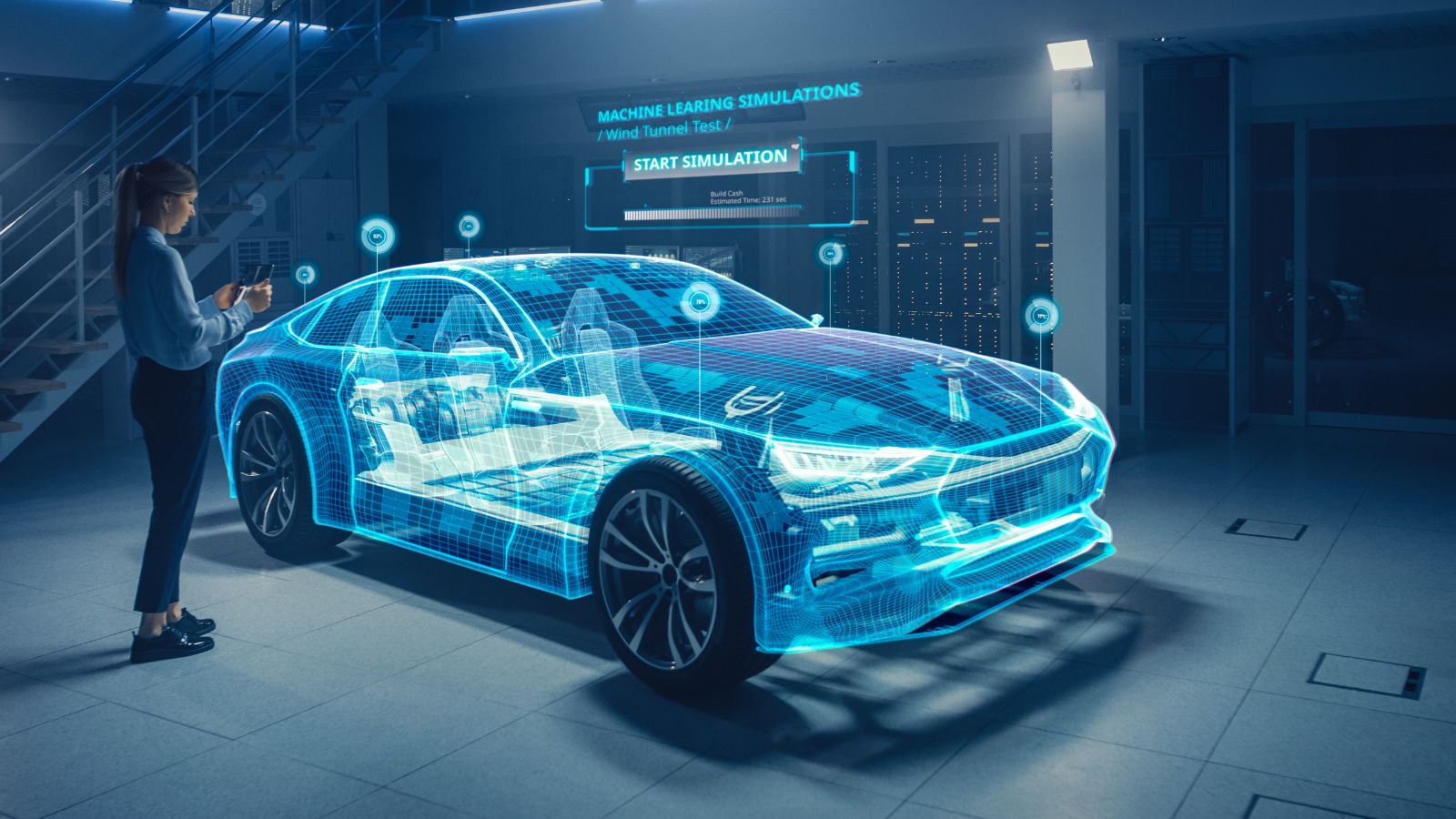
The design of a car plays a significant role in its energy efficiency. Modern vehicles are crafted with sleek, aerodynamic shapes that minimize air resistance and improve fuel efficiency. For instance, the Tesla Model S is designed with a low-profile aerodynamic shape to reduce drag, which helps it travel further on a single charge. Similarly, the Chevrolet Volt is engineered to be aerodynamic, contributing to its efficient energy use and long-range capabilities. These design advancements help cars consume less energy, enhancing their overall environmental performance.
Eco-Friendly Car Manufacturing

The environmental impact of car manufacturing is becoming a significant focus for many automakers. Companies are adopting eco-friendly processes to minimize their carbon footprints. For example, Ford’s Rouge Center, where the F-150 is produced, is recognized as a zero-waste facility, meaning it recycles or reuses all of its waste materials. BMW is also committed to reducing CO2 emissions in its factories and investing in renewable energy sources.
Recycled and Biodegradable Materials
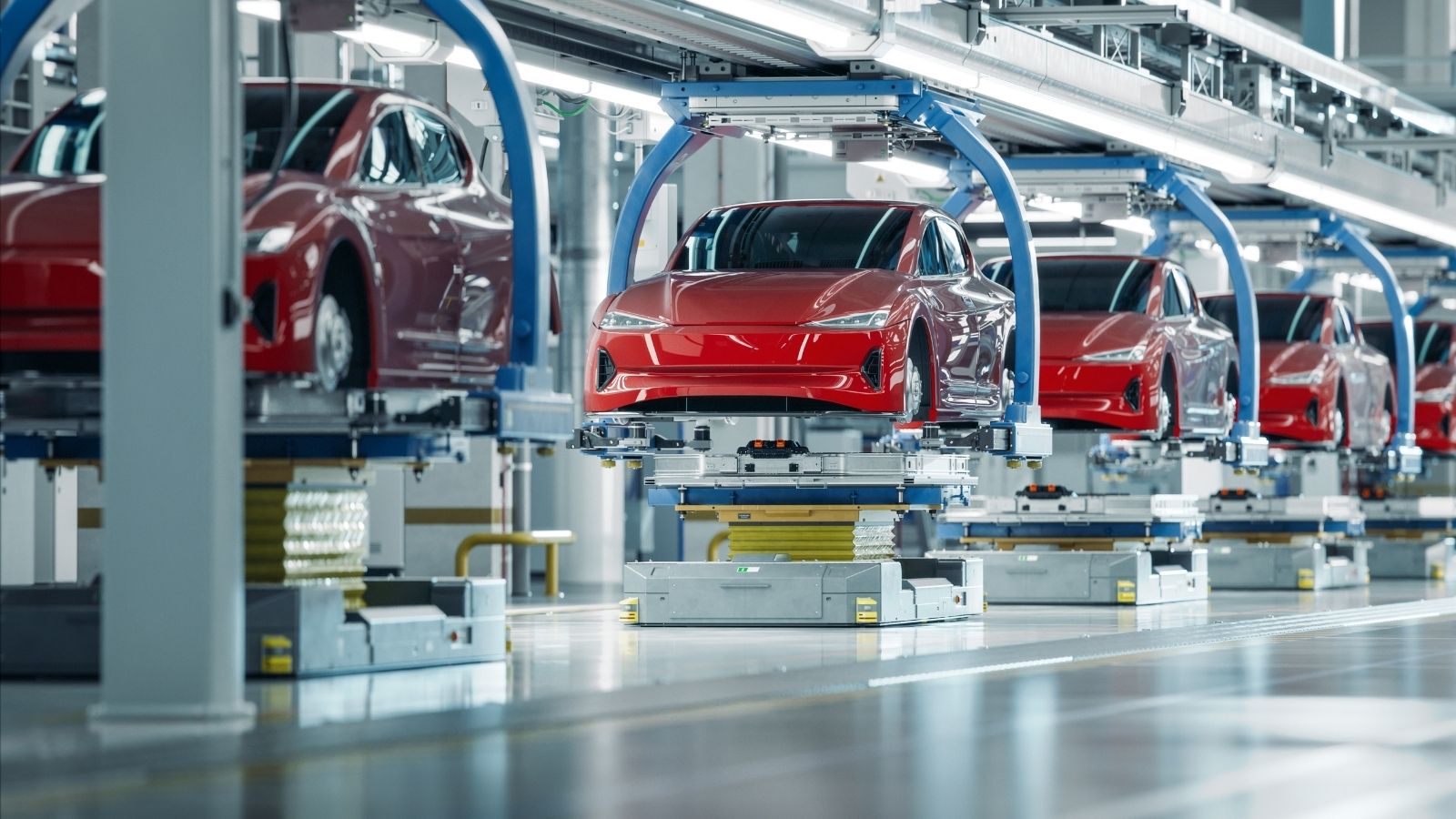
Car manufacturers increasingly turn to recycled and biodegradable materials to make their vehicles more environmentally friendly. Ford’s F-250 Super Duty, for instance, includes interior fabrics made from recycled ocean plastics. BMW incorporates recycled materials into its car interiors, reducing waste and promoting sustainability. Using these materials not only helps reduce environmental impact but also demonstrates how the automotive industry is adopting circular economy principles.
Smart Energy Management

Smart energy management systems are designed to optimize vehicle energy use. These systems use sensors and advanced technology to monitor driving conditions and adjust energy usage accordingly. Hybrid vehicles employ these systems to effectively balance electric and gasoline power. The Ford Escape Hybrid features smart technology that adjusts power settings to enhance fuel efficiency based on driving behavior and road conditions.
Advanced Emissions Control

Modern cars have sophisticated emissions control technologies to reduce pollutants and meet stringent environmental standards. Technologies such as selective catalytic reduction (SCR) and lean NOx traps help convert harmful nitrogen oxides into less harmful substances. New diesel engines, for example, use SCR systems to significantly reduce emissions.
Vehicle-to-Grid (V2G) Technology
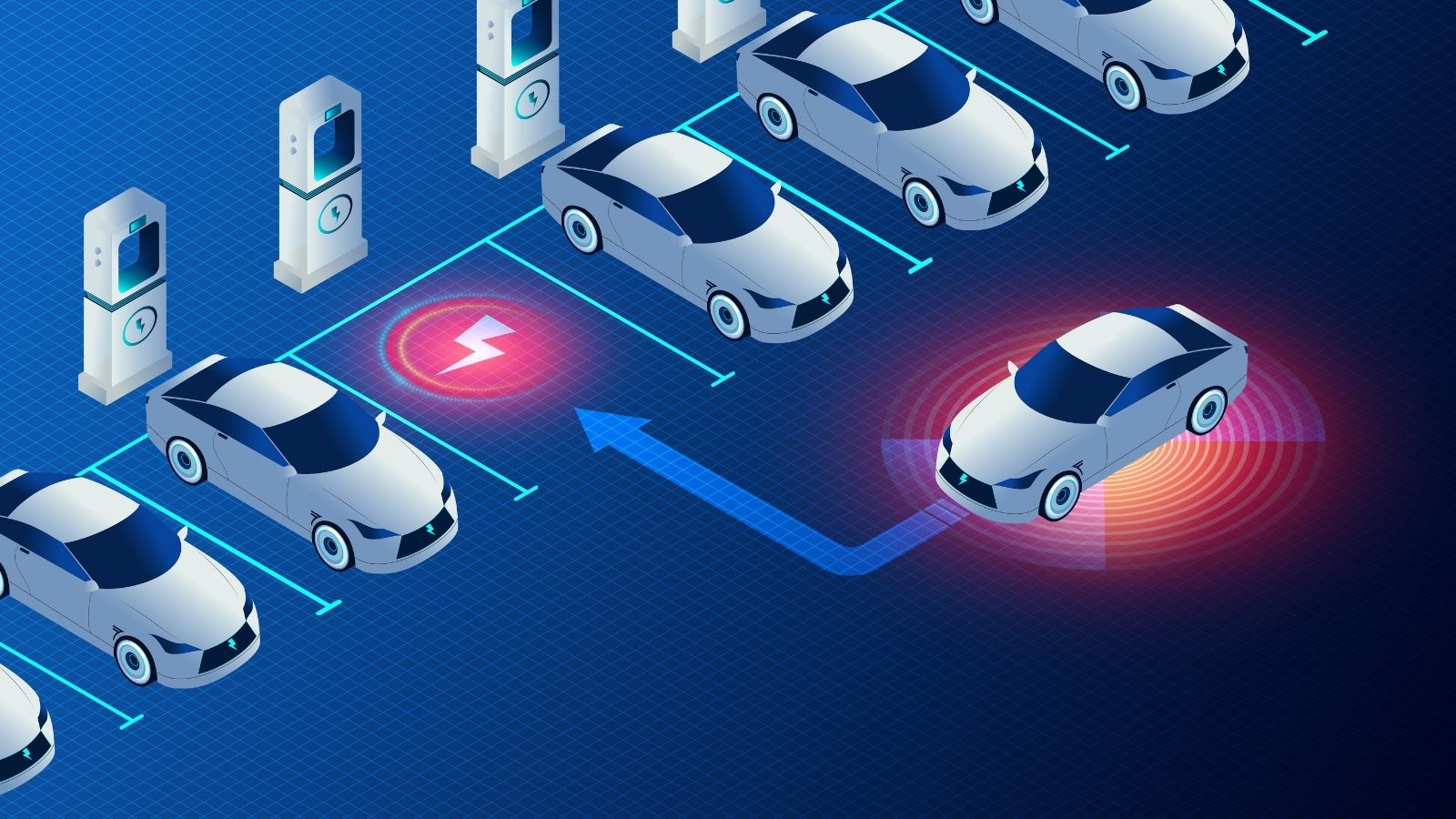
Vehicle-to-grid (V2G) technology represents a significant step forward in integrating electric vehicles with the energy grid. This technology allows electric vehicles to draw power from the grid and send excess electricity back. For example, Nissan’s Leaf-to-Home system enables Nissan Leaf owners to use their car’s battery to power their homes during peak electricity demand periods. V2G technology supports using renewable energy sources and helps stabilize the electricity grid, making it a valuable addition to the broader energy system.
14 Cars with a Reputation for Running Forever and Why They Outperform the Rest
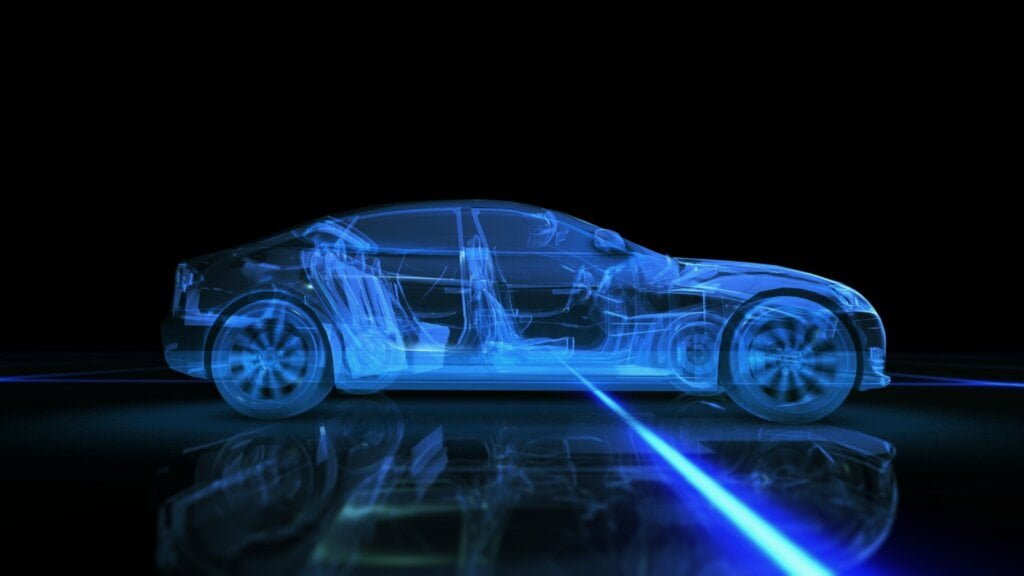
In the dynamic world of automobiles, some cars stand out for their remarkable longevity and enduring performance. These road warriors have earned a reputation for running seemingly forever, outpacing their counterparts. This article will explore 14 such vehicles and the reasons behind their legendary durability.
14 Cars With A Reputation For Running Forever And Why They Outperform The Rest
